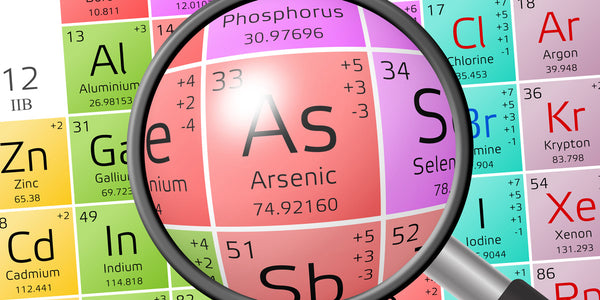I started growing cannabis about a year ago. I made a decision to grow using organics (Gaia Green) and to re-use my soil. I till and re-mix my soil after each grow but mostly wanted to do this for sustainable reasons related to peat moss harvesting (and also the impacts of coco coir that are often not talked about).
I've been reading a lot about heavy metals, and want to get a better understanding on how to reduce the risks when re-using soils and using dry amendments. So far, it seems that a few dry amendments can introduce heavy metals in soils (kelp meal, rock minerals, poor quality composts and earth worm castings, etc.). There are also products and practices that can reduce the plant uptake of heavy metals such as;
1. Silica
2. Humic/Fulvic acids
3. Rich biodiversity
4. Proper Ph levels
5. Bio accumulator cover crops
That being said, wouldn't re-using soil lead to a greater accumulation of heavy metals over time? If we're using amendments and practices that prevent the plant from absorbing them, they are essentially increasing in our soil each grow.
Would love to hear how some of you are approaching this issue when re-using soils and dry amendments.
Cheers,
J
I've been reading a lot about heavy metals, and want to get a better understanding on how to reduce the risks when re-using soils and using dry amendments. So far, it seems that a few dry amendments can introduce heavy metals in soils (kelp meal, rock minerals, poor quality composts and earth worm castings, etc.). There are also products and practices that can reduce the plant uptake of heavy metals such as;
1. Silica
2. Humic/Fulvic acids
3. Rich biodiversity
4. Proper Ph levels
5. Bio accumulator cover crops
That being said, wouldn't re-using soil lead to a greater accumulation of heavy metals over time? If we're using amendments and practices that prevent the plant from absorbing them, they are essentially increasing in our soil each grow.
Would love to hear how some of you are approaching this issue when re-using soils and dry amendments.
Cheers,
J


